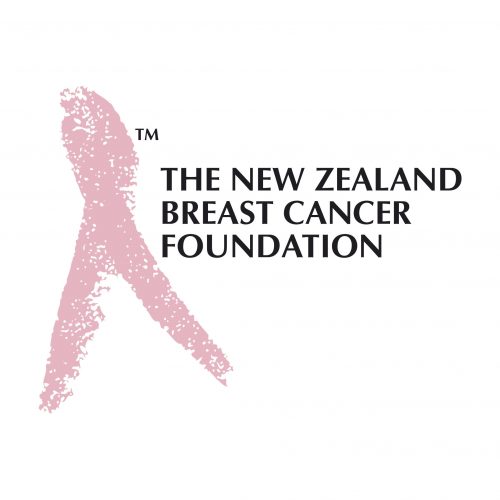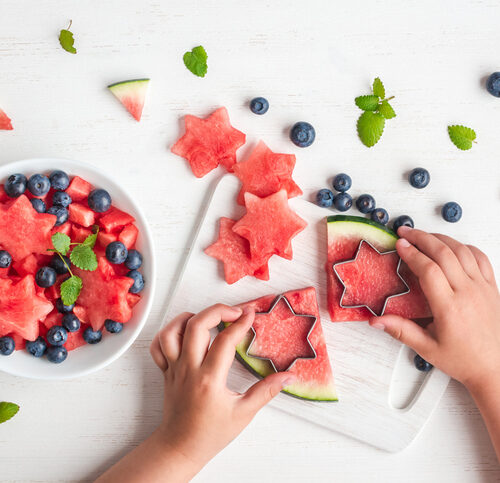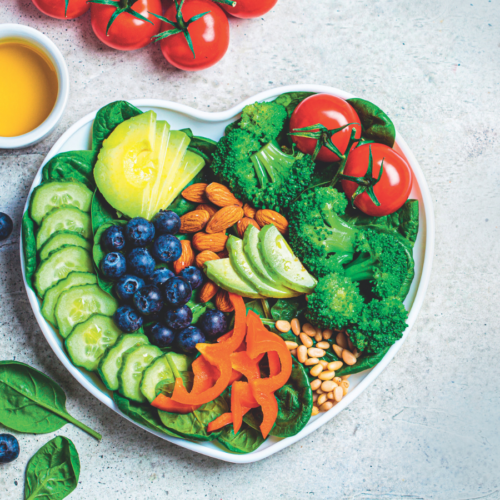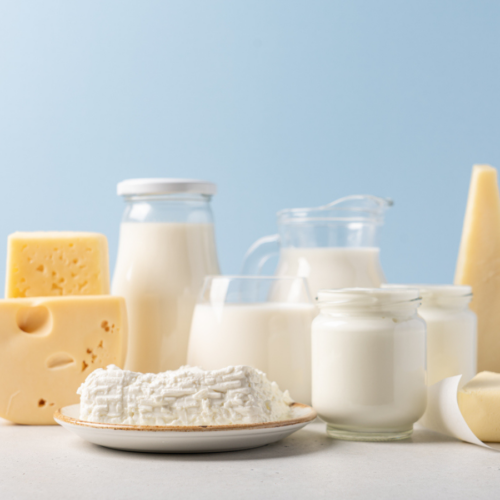
The death rate from breast cancer has fallen in New Zealand over recent years, but there is still a lot of work to do.
About 2,500 New Zealand women are diagnosed annually with breast cancer and more than 600 die each year. And men can get breast cancer too, with about 20 diagnosed here each year.
And while the death rate from breast cancer has fallen by 27.8% in New Zealand over recent years – due mainly to more education and awareness, better treatments and free screening – there is still a lot of work to do.
International studies show a relationship between a healthy lifestyle and a reduction in many cancers. By choosing a healthy lifestyle (a combination of food and exercise) a person may reduce their personal risk of being diagnosed with breast cancer.
The Foundation recommends exercising 3-5 times a week, managing stress, limiting alcohol intake and eating a healthy diet which begins with:
- Eating a lower fat, higher fibre diet
- Using less salt
- Drinking less alcohol (no more than one glass per day)
- Limiting the intake of caffeine
- Eating a wide variety of foods
- Maintaining a healthy body weight
Healthy diet suggestions to lower the amount of fat you eat are:
- Lower fat milk products (trim or super trim)
- Cheeses with less than 20% fat
- Lean red meats, fish and skinless poultry
- Fresh fruits and vegetables
- Food prepared with little or no fat
Boost the fibre in your diet with:
- Breads and cereals (look for multigrain, whole wheat, or wheat bran)
- Legumes (eg baked beans or kidney beans)
- Fruits and vegetables (if possible, leave the skin on)
Important ways to look after yourself
Be breast aware: See your doctor if you notice anything unusual in your breasts like a lump, rash, dimpling, discharge or newly inverted nipple.
Have those mammograms: If you have no breast symptoms and are between the ages of 45 and 69, enrol for your free mammogram with BreastScreen Aotearoa on 0800 270 200.
Check your family history: If two close relatives like a mother, sister or daughter have had breast or ovarian cancer under the age of 50, you need to be extra vigilant about checking your breasts. Discuss this with your doctor.
Be aware of hormones: If you begin to menstruate early (before 12), menopause late (after 55), have your first child after 35 or have no children at all, you have a higher risk of developing breast cancer. Breast cancer has also been associated with the long-term use of hormone replacement therapy.
For more information
If your workplace, sports, women's, church or community group would like a free breast health seminar or free resources on this topic, please contact The New Zealand Breast Cancer Foundation on 0800 902 732 or via email.
www.healthyfood.com










